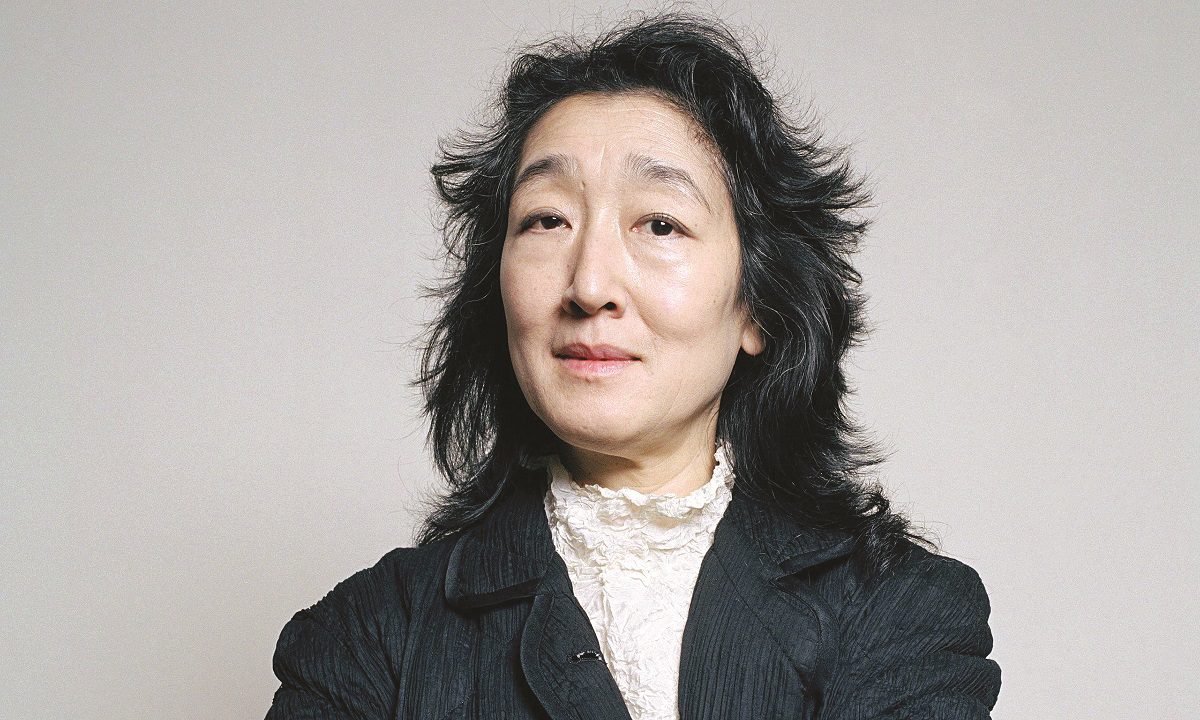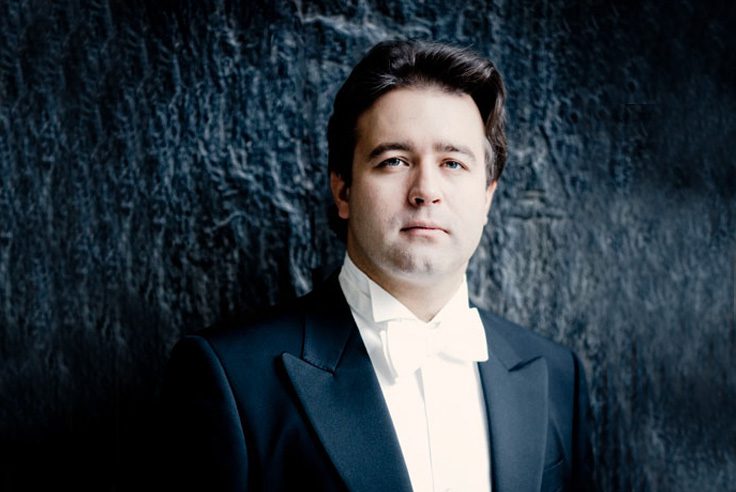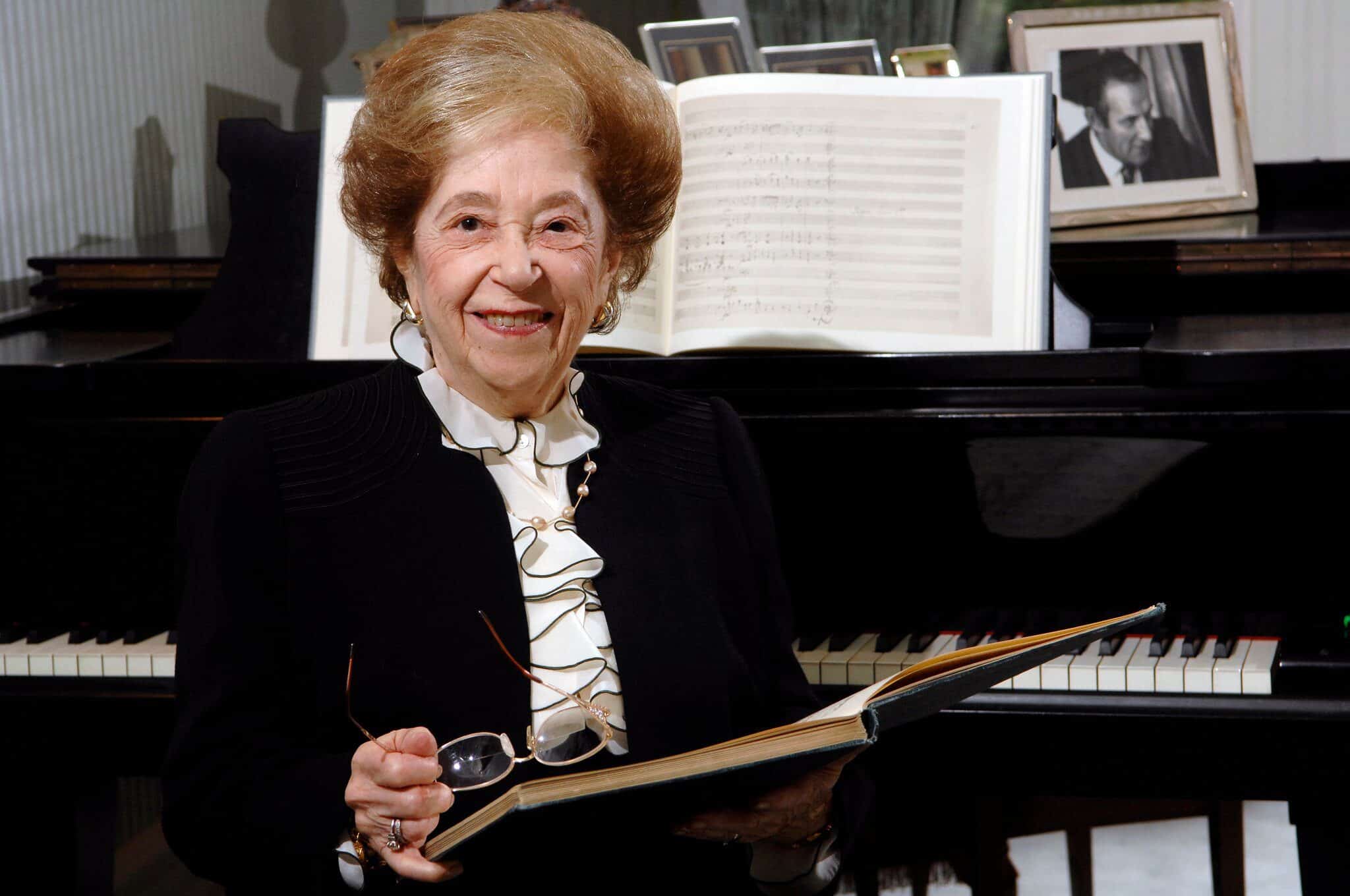This month, in remembrance of his life and achievements, we have selected American pianist Peter Serkin (July 24, 1947-February 1, 2020).
Peter Serkin was an American classical pianist born to a family of musicians, notably including his father (pianist Rudolf Serkin), grandfather (violinist Adolf Busch), and great-uncle (conductor Fritz Busch). He was first noticed at the 1959 Marlboro Music Festival, and received subsequent engagement offers with the Cleveland and Philadelphia Orchestras. His quickly blossoming career garnered him the Grammy Award for Most Promising New Classical Recording Artist in 1966 at the tender age of 19. Three of his other recordings, featuring Mozart concertos and works by Oliver Messiaen, received Grammy nominations.
Serkin was known for his active promotion of contemporary music and period instrument performance, beyond his contributions to core repertoire. Of particular historic significance is his recording of Messiaen’s Vingt Regards sur L’Enfant-Jésus at the age of 25. Serkin also performed world premieres of works by his contemporaenous composers Elliott Carter, Alexander Goehr, Stuart Oliver Knussen, Peter Lieberson, and Toru Takemitsu. Serkin was also an early proponent of period fortepianos, and the first to record the late Beethoven sonatas on both the modern and period instruments.
His legacy continues to live on through the many students he taught at the Juilliard School, Curtis Institute of Music, Yale School of Music, and Bard College Conservatory of Music.
Peter Serkin plays Beethoven Sonata No. 30 in E Major, Op. 109, 3rd movement| Pianist of the Month | February 2020Peter Serkin plays Beethoven Sonata No. 30 in E Major, Op. 109, 3rd movement. –––––––––––––––––––––––––––––––––––––––––––––––Each month, we select ONE pianist (suggestions welcome), from any genre, of whom we will share highlights and performances throughout the month. This month, in remembrance of his life and achievements, we have selected American pianist Peter Serkin (July 24, 1947 – February 1, 2020).–––––––––––––––––––––––––––––––––––––––––––––––Peter Serkin was an American classical pianist born to a family of musicians, notably including his father (pianist Rudolf Serkin), grandfather (violinist Adolf Busch), and great-uncle (conductor Fritz Busch). He was first noticed at the 1959 Marlboro Music Festival, and received subsequent engagement offers with the Cleveland and Philadelphia Orchestras. His quickly blossoming career garnered him the Grammy Award for Most Promising New Classical Recording Artist in 1966 at the tender age of 19. Three of his other recordings, featuring Mozart concertos and works by Oliver Messiaen, received Grammy nominations.Serkin was known for his active promotion of contemporary music and period instrument performance, beyond his contributions to core repertoire. Of particular historic significance is his recording of Messiaen's Vingt Regards sur L'Enfant-Jésus at the age of 25. Serkin also performed world premieres of works by his contemporaenous composers Elliott Carter, Alexander Goehr, Stuart Oliver Knussen, Peter Lieberson, and Toru Takemitsu. Serkin was also an early proponent of period fortepianos, and the first to record the late Beethoven sonatas on both the modern and period instruments.His legacy continues to live on through the many students he taught at the Juilliard School, Curtis Institute of Music, Yale School of Music, and Bard College Conservatory of Music.––––––––––––––––––––––––––––––––––––––––––––––"Like" our page or follow us on Instagram, Youtube and Wechat for more piano videos!
Posted by Piano League on Friday, February 21, 2020











